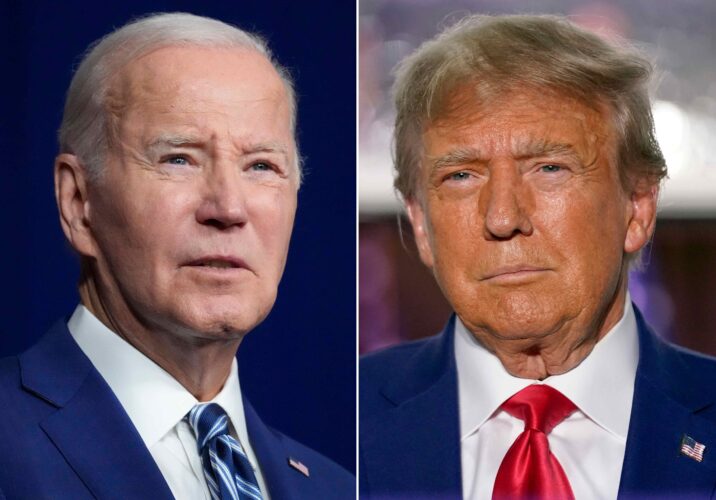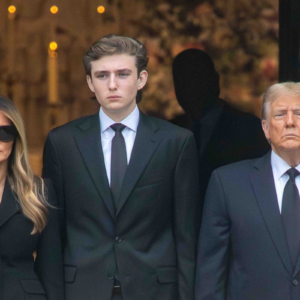President Joe Biden and former President Donald Trump both clinched their respective party nominations on Tuesday night after securing a new crop of delegates in the latest primary elections in Georgia, Hawaii, Mississippi, and Washington. The stage is now set for a tense rematch between the two presumptive nominees in a dynamic not seen in American electoral politics since 1956.
Prior to Tuesday night’s voting, Trump had secured 1,098 of the 1,215 delegates required to become the Republican nominee. 161 delegates were up for grabs across the four participating states, of which Trump secured 143, pushing him over the edge with a final total of 1,241.
The former president—who is running unopposed after former South Carolina Governor Nikki Haley dropped out of the race last week—won Georgia by 71 points, Hawaii by 95, Mississippi by 87, and Washington by 52. He has won every primary contest so far with the exception of Washington DC and Vermont, both of which went to Haley.
Trump has been the Republican Party’s de facto nominee since a blowout victory on Super Tuesday, but still needed to win the remaining delegates to make the distinction official.
Learn the benefits of becoming a Valuetainment Member and subscribe today!
At the same time, incumbent President Joe Biden, also running without significant opposition, won three primaries in Georgie, Mississippi, and Washington, as well as in the US territory of the Northern Mariana Islands. Votes were also tallied from Democrats living abroad.
On the Democrat side, 254 delegates were at stake. Biden needed just 100 more to secure the 1,968 needed for his party’s nomination. According to a final count by the Associated Press, the president won 95.2 percent of the vote in Georgia and 86.7 percent in Washington, and a default uncontested race in Mississippi. His only Democratic challenger is self-help author Marianne Williamson, who only secured single-digit percentages.
Tuesday night’s results put an end to one of the shortest Republican presidential primaries in party history and marked the beginning of an eight-month general election battle between the two presidents. The last time two candidates faced off in an electoral rematch was in 1956 when President Dwight D. Eisenhower (R) defeated Democratic challenger Adlai Stevenson for a second time.
The last contest between a president and a former president came in 1912 when Republican President William Howard Taft ran against former President Theodore Roosevelt, who was running with the “Bull Moose” Party. Both men ultimately lost to Woodrow Wilson.
Related: Biden’s State of the Union Sales Pitch to the American Electorate
Addressing his victory, former President Trump wrote it was his “great honor to be representing the Republican Party as its Presidential Nominee,” and then attacked Biden for the border crisis and the country’s economic decline.
In a video shared across his campaign’s social media pages, Trump announced that “The Republican National Committee has just declared us the official nominee and so we’re the official nominee of the Republican party, which is a big deal.”
However, he also cautioned that “we have to get back to work because we have the worst president in the history of our country.”
“So, we’re not going to take time to celebrate,” he continued. “We’ll celebrate in eight months when the election is over.”
A Message from President @realDonaldTrump pic.twitter.com/8MUs8b448D
— Team Trump (Text TRUMP to 88022) (@TeamTrump) March 13, 2024
Connor Walcott is a staff writer for Valuetainment.com. Follow Connor on X and look for him on VT’s “The Unusual Suspects.”



















Add comment